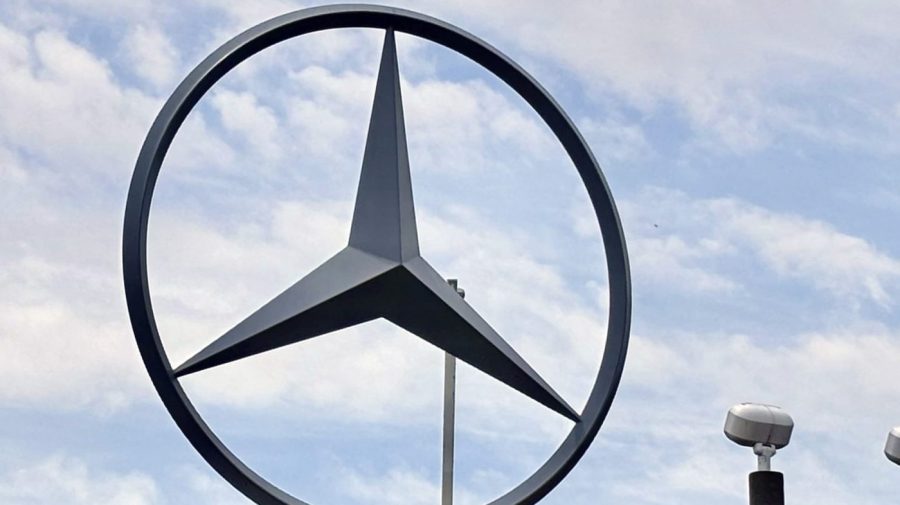
Mercedes-Benz workers in Alabama voted against joining the United Auto Workers (UAW) Friday, dealing a blow to the union that hopes to make progress in the South following a successful election in Tennessee last month.
Workers at the Vance, Ala., plant voted 2,642 to 2,045 against joining the union, according to the National Labor Relations Board (NLRB). Around 5,100 autoworkers were eligible to participate.
The UAW hoped to continue its momentum in the South, following a historic win in April at the Volkswagen plant in Tennessee, where approximately 73 percent of workers voted in favor of joining the union.
The UAW has a week to challenge the result of Friday’s vote.
“Our goal throughout this process was to ensure every eligible Team Member had the opportunity to participate in a fair election,” Mercedes-Benz U.S. International (MBUSI) said in a news release following the vote announcement. “We thank all Team Members who asked questions, engaged in discussions, and ultimately, made their voices heard on this important issue.”
The UAW has filed unfair labor practice charges against the German manufacturer, claiming that Mercedes intimated workers in the lead-up to the contest, therefore breaching U.S. labor law.
If found liable, Mercedes could be forced to bargain with the union, under the NLRB standard.
“They tried to paint the union in a bad light,” UAW President Shawn Fain said, later adding, “We’re here to help people. That’s what we’re here for. We don’t have to intimidate or threaten nobody. We believe in democracy, we believe in workers having a voice and making their own decision.”
Fain was undeterred by the outcome, vowing that the UAW will continue its efforts around the country and will ultimately organize auto manufacturing plants, including one in Vance where luxury SUVs are made.
“Sometimes Goliath wins a battle, but ultimately David will win the war,” Fain said in a press conference following the announcement Friday.
“These workers will win their fair share, and we’re going to be there every step of the way. We’ve been here before, we know what we’re taking on and this company like most others operates off [of] the same playbook, fear, threats, intimidation.”
Fain said that despite the loss, the union will continue “fighting” and plow ahead in hopes of organizing more in the South, an area of the country historically not as welcoming to unions.
During the process, the UAW faced political opposition from leaders of various states in the South.
Six governors warned workers in mid-April against joining the UAW, saying that it would impact their jobs and the “values we live by.”
Fain’s union spearheaded a walkout last year against the former three major automakers. In the end, they were able to strike an agreement with all three automakers — General Motors, Ford and Stellantis — in October after a six-week strike.
“We’ll go back, we’ll, we’ll assess things, see where we are and keep moving, Fain said.













